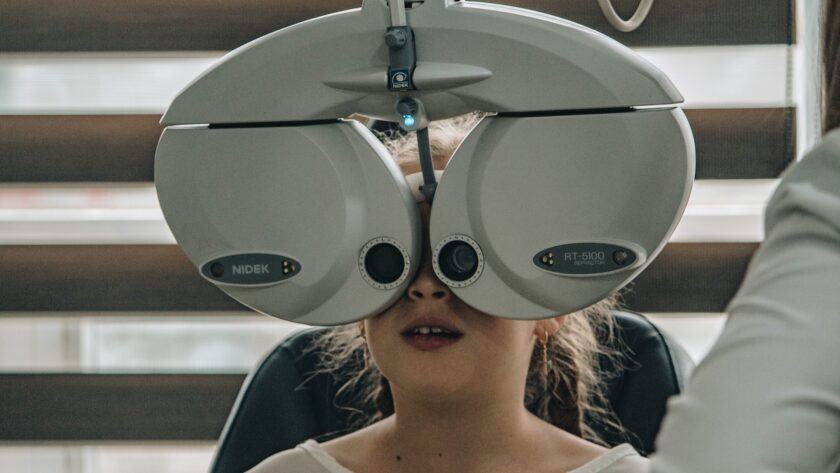Are you taking your eyes for granted? We often overlook the importance of regular eye exams in maintaining our overall health and well-being. From reading this blog post, you’ll discover just how crucial it is to prioritize your eye health by understanding how often you should get your eyes checked.
Get ready to open your eyes to a world of knowledge that will leave you seeing clearly and brightly!
What is an Eye Exam?
Eye exams from the likes of Village Vision Center are an important part of maintaining good vision and eye health. However, many people are unsure of how often they should get their eyes checked. The frequency of eye exams depends on several factors, including age, risk factors for vision problems, and overall health.
Children and adults who have no risk factors for vision problems can typically get an eye exam every two to five years depending on their age. However, those with risk factors such as diabetes or a family history of vision problems may need to get their eyes checked more frequently.
It is important to see an eye doctor regularly to ensure that your eyes are healthy and to catch any vision problems early.
Benefits of Regular Eye Exams
It is important to have regular eye exams for many reasons. Eye exams can detect vision problems, eye disease, and other health problems. They can also help preserve your sight.
Eye exams may detect potentially serious health conditions such as diabetes, high blood pressure, and even tumors before you are aware of any symptoms. In some cases, these conditions can be treated effectively if they are found early enough.
Regular eye exams can also help preserve your sight. Many common vision problems can be treated successfully if they are caught early enough. For example, if you have glaucoma, regular eye exams and early treatment can help prevent or slow vision loss.
Who Should Have Regular Eye Exams?
If you are over the age of 40, have a family history of eye disease, are diabetic, or have high blood pressure, you should have your eyes checked every one to two years.
Even if you don’t have any of these risk factors, you should still have your eyes checked at least once every five years.
How Often Should You Get Your Eyes Checked?
It is recommended that you have your eyes checked at least once every two years.
However, if you have a family history of eye disease, are over the age of 60, or have diabetes, you should get your eyes checked more frequently.
What to Expect During an Eye Exam
Most people should have their eyes checked every one to two years, depending on their age, health, and family history. During an eye exam, your doctor will:
-check your vision in each eye separately
-check the pressure inside your eyes
-look at the front of your eyes for signs of disease
-examine the back of your eyes for any damage to the retina or optic nerve
If you wear contacts or glasses, be sure to bring them with you to your appointment.
Common Vision Problems
There are many common vision problems that can develop over time. Some of these include nearsightedness, farsightedness, astigmatism, and presbyopia. Regular eye exams can help to detect these problems early on and correct them before they cause significant vision loss.
There are many different types of vision problems that can occur, and it is important to be aware of the most common ones so that you can be sure to get your eyes checked regularly. Some common vision problems include:
• Myopia (nearsightedness): This is the most common type of vision problem, and it occurs when objects close to you appear clear, but objects in the distance appear blurry.
• Hyperopia (farsightedness): This type of vision problem is the opposite of myopia, and it occurs when objects in the distance appear clear, but objects close to you appear blurry.
• Astigmatism: This type of vision problem occurs when your cornea (the front surface of your eye) is curved unevenly, which causes light to be bent as it enters your eye and results in blurred vision.
If you are experiencing any type of vision problem, it is important to see an optometrist or ophthalmologist so that they can diagnose the issue and provide you with the appropriate treatment.
Conclusion
Regular eye exams are essential for maintaining good vision and overall health. Whether you need prescription glasses, contact lenses, or just a basic checkup, it’s important to schedule regular appointments with an optometrist. Depending on your age and risk factors, these appointments may be as often as every year or two.
If you haven’t had an eye exam in the past few years, make sure to book one soon so that any potential issues can be diagnosed and treated quickly before they become more serious problems.




